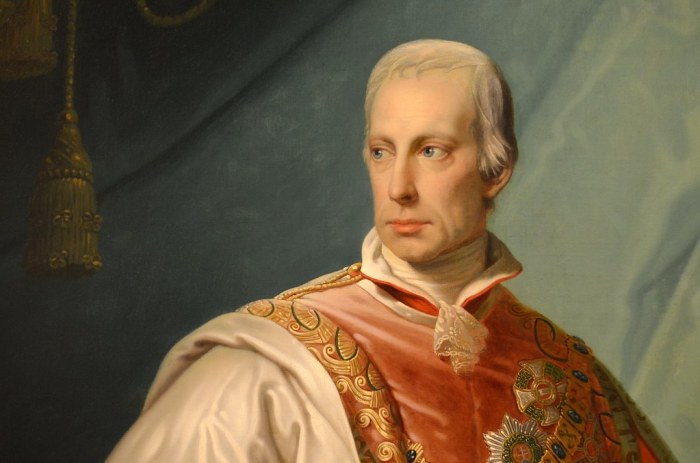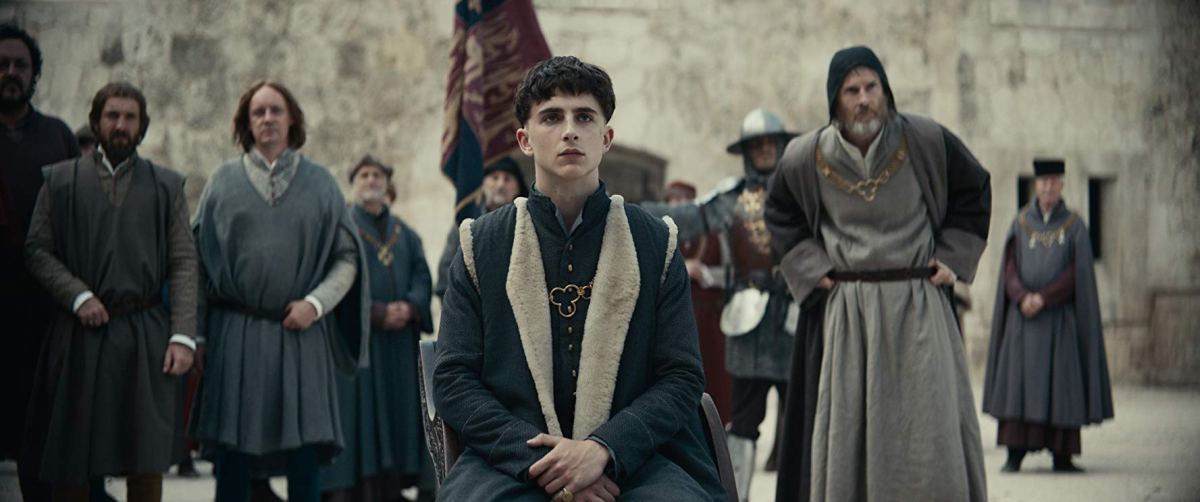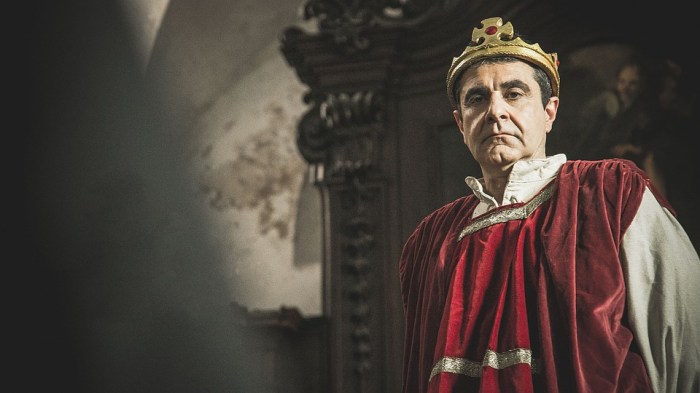Malcolm status at the end of macbeth crossword clue – Malcolm’s status at the end of Macbeth crossword clue unfolds a captivating tale of a prince’s journey from exile to the throne, showcasing his transformation into a worthy successor and the architect of Scotland’s restoration.
Malcolm’s odyssey begins as the rightful heir to the Scottish throne, unjustly exiled by Macbeth’s treacherous usurpation. Throughout the play, his status undergoes a remarkable metamorphosis, culminating in his triumphant return as the liberator of his homeland.
Malcolm’s Status at the End of Macbeth

Malcolm, the rightful heir to the Scottish throne, undergoes a significant transformation throughout Shakespeare’s Macbeth. Exiled at the beginning of the play, he returns as a conquering hero and becomes the King of Scotland.
Malcolm’s status as heir is established from the outset. He is the son of Duncan, the murdered king, and is recognized as the rightful successor by the Scottish nobles.
Malcolm’s exile is a turning point in his journey. It allows him to escape Macbeth’s tyranny and gather support for his cause. During his time in England, he meets Macduff, a loyal Scottish general, who becomes his ally.
Malcolm’s return to Scotland marks a shift in the power dynamics. He rallies an army of English and Scottish forces and leads them against Macbeth. His strategic thinking and leadership prove crucial in Macbeth’s downfall.
As King of Scotland, Malcolm restores order and stability to the kingdom. He is a just and compassionate ruler, in stark contrast to Macbeth’s tyranny. Malcolm’s vision for Scotland is one of peace and prosperity.
Malcolm’s legacy is one of a wise and benevolent king. He is remembered for his role in defeating Macbeth and restoring Scotland to its former glory.
Malcolm’s Role in the Resolution of the Play

Malcolm plays a pivotal role in the resolution of Macbeth. His leadership and strategic thinking contribute significantly to Macbeth’s downfall.
- Malcolm rallies an army of English and Scottish forces against Macbeth. His ability to unite these forces demonstrates his diplomatic skills and leadership qualities.
- Malcolm uses deception to outwit Macbeth. He disguises his army and uses the cover of darkness to approach Macbeth’s castle. This strategic move gives Malcolm an advantage in the battle.
- Malcolm confronts Macbeth in a climactic duel. The duel is a symbolic representation of the battle between good and evil. Malcolm’s victory over Macbeth represents the triumph of justice and order.
Malcolm’s interactions with other characters also shape his actions.
- Malcolm’s relationship with Macduff is crucial. Macduff is a loyal and steadfast ally who provides Malcolm with valuable support. Macduff’s determination to avenge his family’s murder fuels Malcolm’s own resolve to defeat Macbeth.
- Malcolm’s interaction with Siward, the Earl of Northumberland, is also important. Siward provides Malcolm with military support and guidance. Malcolm’s willingness to listen to Siward’s advice demonstrates his humility and willingness to learn.
Malcolm’s Vision for Scotland

Malcolm’s vision for Scotland is one of peace and prosperity. He is determined to restore order and stability to the kingdom after Macbeth’s reign of terror.
- Malcolm plans to establish a just and equitable society. He believes that all citizens should be treated fairly, regardless of their social status.
- Malcolm is committed to economic recovery. He plans to rebuild the kingdom’s infrastructure and promote trade. Malcolm’s economic policies are designed to create a more prosperous future for Scotland.
- Malcolm is also a strong supporter of education. He believes that education is essential for the development of a strong and enlightened society.
Malcolm’s vision for Scotland is in stark contrast to Macbeth’s tyrannical rule. Macbeth’s reign is characterized by violence, chaos, and fear. Malcolm’s vision, on the other hand, is one of hope and renewal.
Malcolm’s Legacy and Impact: Malcolm Status At The End Of Macbeth Crossword Clue

Malcolm’s legacy is one of a wise and benevolent king. He is remembered for his role in defeating Macbeth and restoring Scotland to its former glory.
- Malcolm’s reign is a period of peace and prosperity for Scotland. He establishes a just and equitable society and promotes economic growth.
- Malcolm’s legacy is also reflected in his successors. His son, Duncan II, continues his father’s policies of peace and prosperity.
- Malcolm’s reign is often compared to that of other famous Scottish kings, such as Robert the Bruce and David I. Malcolm is remembered as one of Scotland’s greatest kings.
Malcolm’s impact on Scotland is profound. He is a symbol of hope and renewal. His reign marks a new era of peace and prosperity for the kingdom.
Essential Questionnaire
What is Malcolm’s status at the beginning of the play?
Malcolm is the rightful heir to the Scottish throne but lives in exile due to Macbeth’s usurpation.
How does Malcolm’s status change throughout the play?
Malcolm’s status evolves from an exiled prince to the leader of the rebellion against Macbeth, eventually becoming the King of Scotland.
What qualities make Malcolm a worthy successor to the throne?
Malcolm possesses traits of courage, wisdom, and a deep sense of justice, making him a suitable choice to restore order and stability to Scotland.
